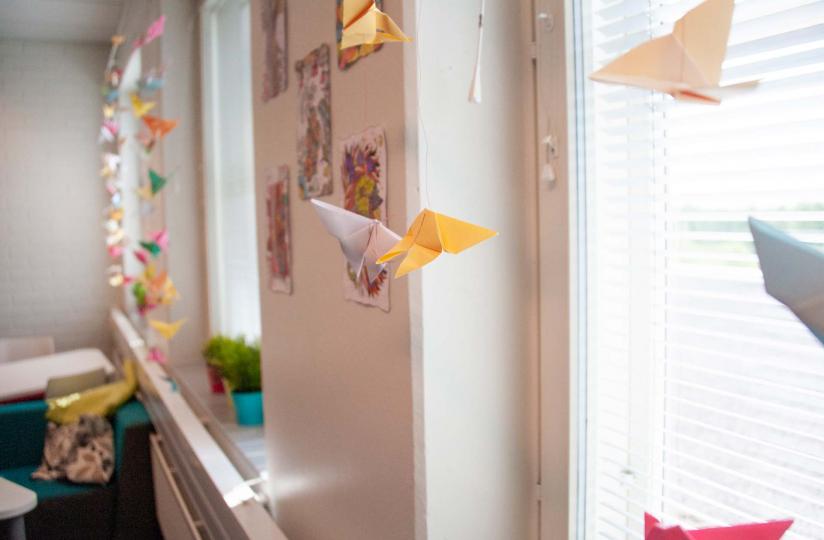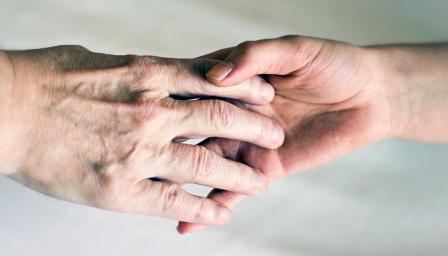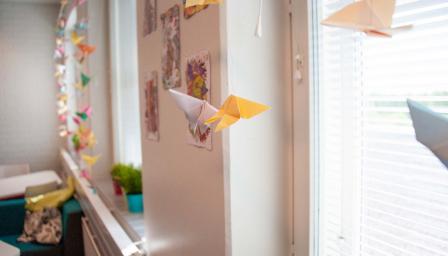Description of the training
Omnia's Bilingual Practical Nurse education focuses on the competence area of children’s and youth education and care. The education prepares you to support children’s growth, wellbeing and learning in early childhood education.
The qualification gives you eligibility to work as a childcarer in Finland, and after graduation you will be registered as a practical nurse according to national regulations.
The bilingual apprenticeship is available only for applicants already working in English-language early childhood education. The study languages are English and Finnish.
In addition, all students complete one six-week work-based learning period in Finnish, which must take place in nursing work such as in a nursing home for the elderly. This can be done during summer time. This means that student must be away from their own kindergarten work to complete this work-based learning. This work-based learning period is unpaid time.
Read more about the composition of qualification (opintopolku.fi).
Details of the training
Requirements
The bilingual apprenticeship is only available for applicants who work in English-language early childhood education. The study languages are English and Finnish, and applicants must have at least Finnish level A2.2 at the start of the apprenticeship.
Duration of the training
The average duration of studies is about 2 years.
The duration of studies is determined by the personal competence development plan (PCDP) and is influenced by, among other things, your previous studies, work experience and individual study needs.
Implementation
The studies include max. 4 school days per month. School days can be either via Teams or at Lehtimäki campus. Attendance at school days is compulsory. School days can be afternoons or full days.
Application
Important information on application
Student admission
Admission is based on the information in the application, so please fill out your application carefully.
An apprenticeship agreement can be made if:
- you have a job and work tasks suitable for the qualification
- you have a new or existing employment relationship
- you work at least 25 hours per week
- you receive at least the wage stipulated in the collective agreement or otherwise a reasonable salary
- the employer is willing to train you through an apprenticeship
There is no entrance examination.
Please ensure that you meet the health and functional capacity requirements set by the education. You cannot be admitted as a student if you are not capable, due to your health or functional capacity, of carrying out practical tasks related to the education in the educational institution, workplace, or any other learning environment. Read more about the impact of health and functional capacity on student selection.
Enquiries regarding application: haku@omnia.fi.
Language requirements
The language requirement is A2.2 for Finnish and B2 for English.
The applicants will be invited to Finnish language test by e-mail. The language test can be completed only at Omnia campuses in Espoo, Finland. Read more about the language requirements.


